The United States is concerned about Russia's growing capabilities in the Arctic, viewing the region as a potential hotbed for geopolitical confrontations and military activities, but an open military conflict is unlikely, said economist Alexey Fadeyev, deputy chairman of the Public Council of the St. Petersburg City Committee on Arctic Affairs, on October 10.
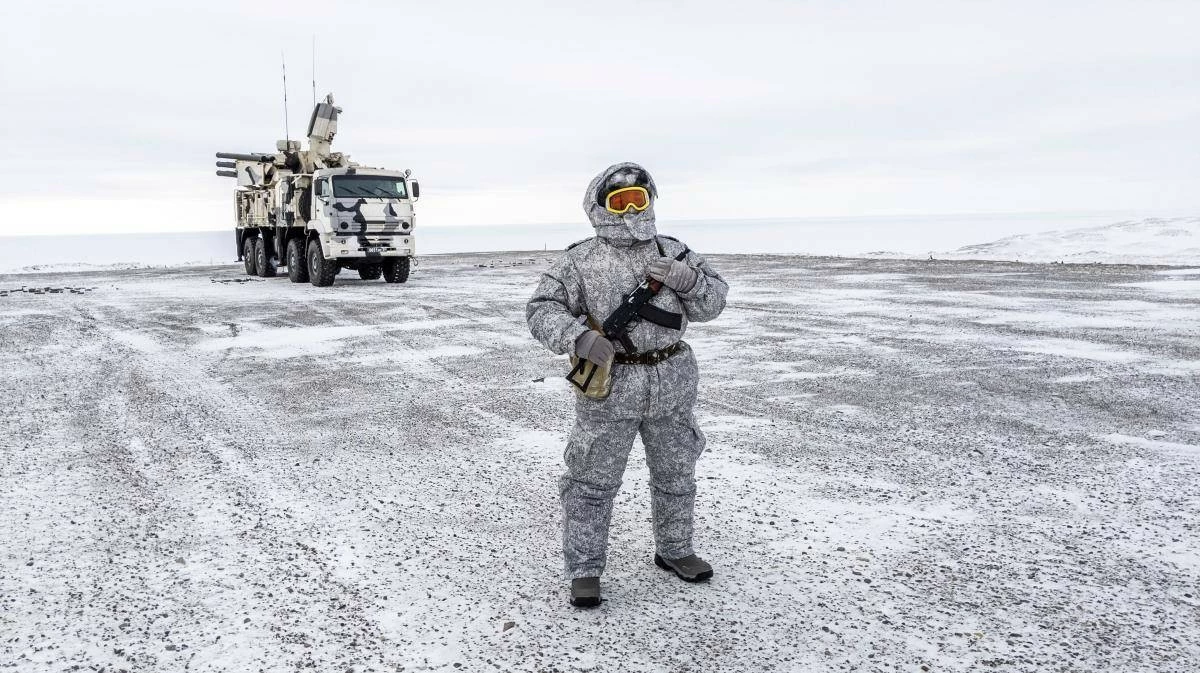 |
| Linh Nga patrols at the base on Kotelny Island, Arctic Circle. (Source: Getty) |
New strategic location
The US Department of Defense released a new Arctic strategy in 2023. According to the Pentagon, the update is driven by changes in geopolitics and the Arctic becoming a point of "strategic power competition".
The strategy states, "The United States must be ready to meet this challenge with allies and partners." Canada also announced plans to form an Arctic security alliance with Nordic countries.
According to Mr. Fadeyev, the US has adopted many Arctic strategies, all of which are military in nature. Washington is concerned about the growing cooperation between Russia and China here, believing that it could pose a threat to the US and its allies.
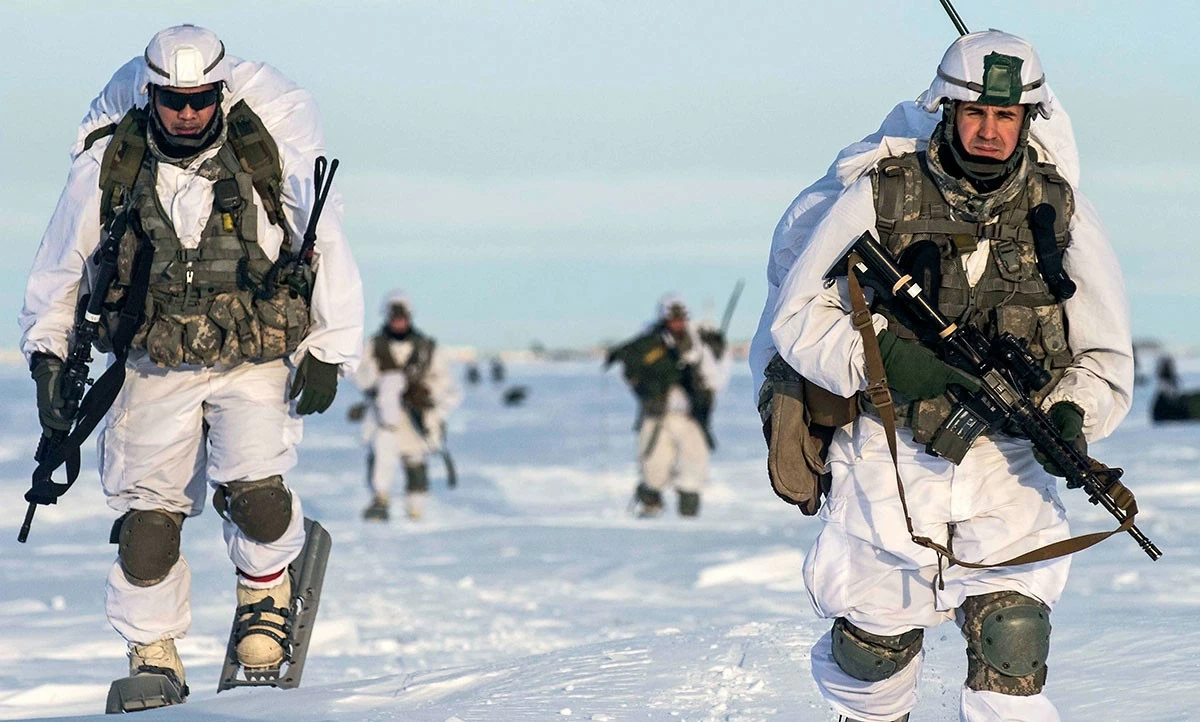 |
| US paratroopers during the 2015 Deadhorse exercise in the Alaska region. (Source: US Army) |
"The US Department of Defense adds the Arctic region to the list of potential military fronts, alongside the Indo-Pacific, Europe, the Middle East and Africa," Fadeyev stressed.
The expert said that the Arctic has always been seen as a region of cooperation rather than confrontation. However, in recent years, the US and its NATO allies have regularly conducted large-scale military exercises in the region, deployed new military units in the Arctic, and increased reconnaissance flights.
In addition, strategic submarines carrying both nuclear and high-precision conventional weapons have patrolled the Arctic.
In the context of "the activities of the United States, Canada and Denmark exceeding the Cold War period", Arctic countries have rapidly upgraded their armed forces, carrying out certain missions in the region.
Mr. Fadeyev affirmed that the situation in the Arctic has become more complicated due to the lack of effective international security mechanisms, as well as the active participation of countries outside the region.
"Military activity has also increased on the Spitzbergen Islands, which are home to a measuring station connected to the NATO system. In the waters around the islands, NATO fighter jets have been conducting exercises in the Arctic conditions," the Russian expert said.
Risk of conflict
According to Mr. Fadeyev, the above moves raise concerns and increase the need for a response, but are unlikely to cause an open military conflict.
He said that Russia currently has indisputable geographical, economic and military advantages in this region, owning more than half of the Arctic continental shelf, having icebreaker and northern ship fleets, and actively developing the Northern Sea Route.
Russia has taken a number of timely measures to protect its geopolitical interests in the high latitudes. In particular, the comprehensive development of infrastructure at seaports and transport routes in the waters of the Northern Sea Route, as well as the establishment of a maritime operations headquarters to manage maritime transport.
"Improving the economic efficiency of the Northern Sea Route could give Russia one of the key advantages in this geopolitical competition, given the high military and transport risks on both sides of the Suez Canal," Fadeyev said.
In addition to logistics, Moscow needs to continue developing infrastructure and operational bases in high-latitude regions, equipping its armed forces with special weapons and equipment adapted to the harsh conditions of the Arctic, and maintaining a Russian presence in a number of areas, especially the Spitzbergen Islands.
However, Mr. Fadeyev said that Russia's programs to upgrade its armed forces and increase its military presence here are not aimed against any country in the region, although Western countries led by the US are "nervous" about that.
"One of Russia's highlights in the Arctic is its ability to cooperate. This is also where many energy supply projects have been implemented with foreign partners and new strategic international initiatives. I hope that the Arctic will continue to maintain its position as a region of cooperation instead of economic and military confrontation," the Russian expert emphasized.
In short, the Arctic is increasingly becoming the focus of geopolitical competition, especially between the two superpowers Russia and the United States. Although Washington and its NATO allies are concerned about Russia's growing power in the region, a direct clash remains unlikely. Moscow has significant geographical, economic, and military advantages in the Arctic, and developing the Northern Sea Route is seen as an important strategy to strengthen Russia's position. However, both "big guys" want the Arctic to remain a territory of cooperation rather than confrontation.
Source: https://baoquocte.vn/expert-reveals-the-new-strategic-benefits-of-nazya-my-in-northern-central-region-of-superpowers-289650.html





![[Photo] Cutting hills to make way for people to travel on route 14E that suffered landslides](https://vphoto.vietnam.vn/thumb/1200x675/vietnam/resource/IMAGE/2025/11/08/1762599969318_ndo_br_thiet-ke-chua-co-ten-2025-11-08t154639923-png.webp)


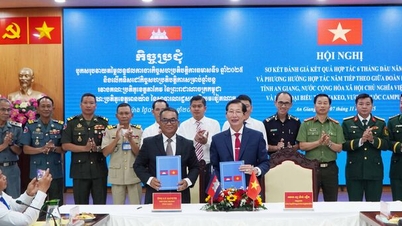









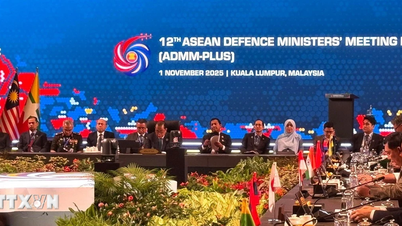








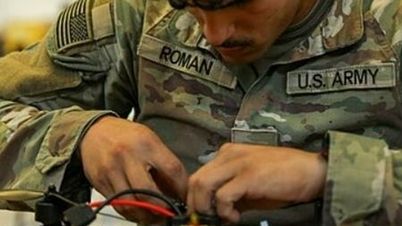









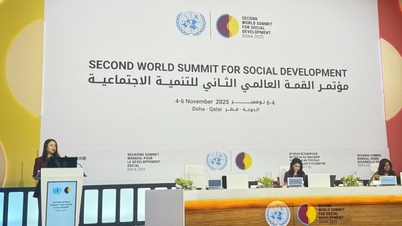
![[Photo] "Ship graveyard" on Xuan Dai Bay](https://vphoto.vietnam.vn/thumb/1200x675/vietnam/resource/IMAGE/2025/11/08/1762577162805_ndo_br_tb5-jpg.webp)







![[Video] Hue Monuments reopen to welcome visitors](https://vphoto.vietnam.vn/thumb/402x226/vietnam/resource/IMAGE/2025/11/05/1762301089171_dung01-05-43-09still013-jpg.webp)































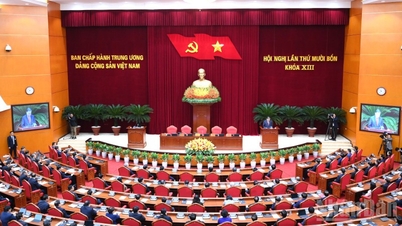





































Comment (0)